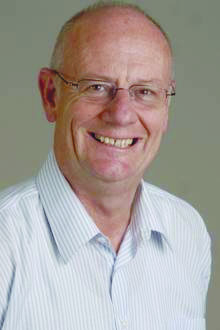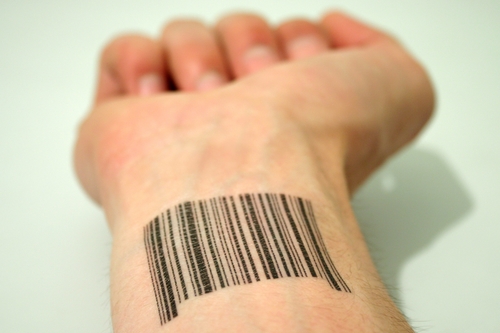 In his long campaign to abolish chattel slavery, William Wilberforce believed it was not just slave traders and slave owners who bore responsibility for the evil, but the whole British nation whose law let it flourish. And hence the duty fell to all to take action to overcome this blight.
In his long campaign to abolish chattel slavery, William Wilberforce believed it was not just slave traders and slave owners who bore responsibility for the evil, but the whole British nation whose law let it flourish. And hence the duty fell to all to take action to overcome this blight.
Today slavery takes many forms, on a continuum with other forms of exploitation, all an affront to human rights and human dignity. All involve force, coercion or deception. Bonded labour can mean debt and slavery are passed on through generations. Migrant labourers, working long hours in unsafe conditions, can be deprived of documents and may lack the means ever to return home.
In every case these near-slavery conditions deny people economic opportunity and personal freedom. But they also negate the essential, universal dignity which Christians regard as inherent in all who have been created in God’s image.
The worst forms of exploitation, like child labour, forced labour and human trafficking, are found in almost all countries, though it is in poorer, developing countries that the greatest numbers of people are vulnerable. Tragically, natural disaster, conflict and war also create spaces where exploitation can flourish.
While such abuses often involve criminal conduct we should not imagine the problem can be resolved though better laws or law enforcement alone
 The underlying economic, social and cultural systems foster exploitation in the first place. Wherever people are caught in extreme poverty, systemic discrimination and human insecurity, they are at risk.
The underlying economic, social and cultural systems foster exploitation in the first place. Wherever people are caught in extreme poverty, systemic discrimination and human insecurity, they are at risk.
Even with all a modern economy’s resources, it still sounds ridiculously optimistic, naive even, to talk of ending exploitation. Yet Wilberforce and his tiny band of evangelical campaigners were not deterred by the criticism and jeers which first met their endeavours.
We live in a joined-up, globalised world. Just as 18th-century slavery reached into every British home in the form of sugar gained from shackled labour, so today it reaches us – the clothes and products we buy and some of our favourite foods and drinks.
All of us can take positive steps – as advocates for the oppressed, but also as informed consumers, conscious and conscientious investors, and as ethical tourists.
Let’s not wait for the next publicised tragedy like last year’s Bangladesh factory fires. Let’s all take what small steps we can to bring the end of exploitation that little bit closer.
Email This Story
Why not send this to a friend?

